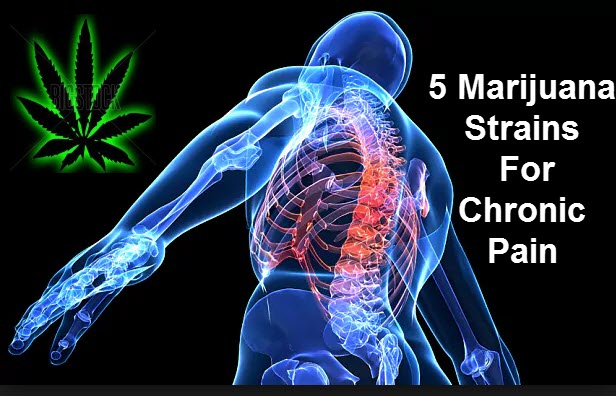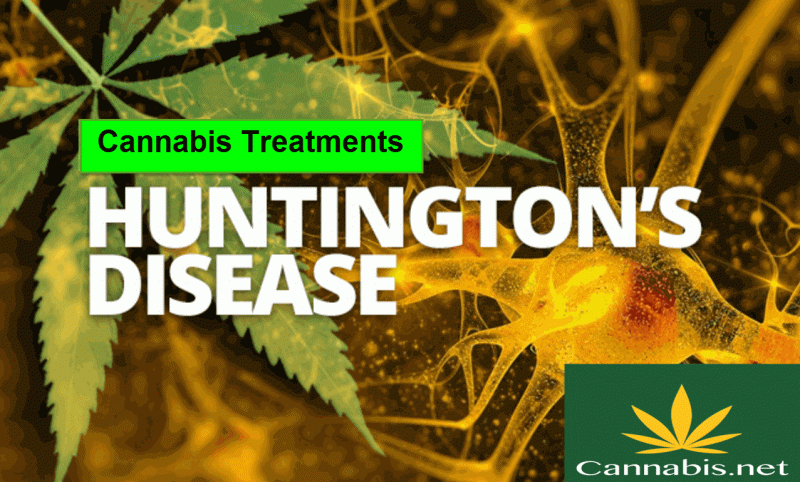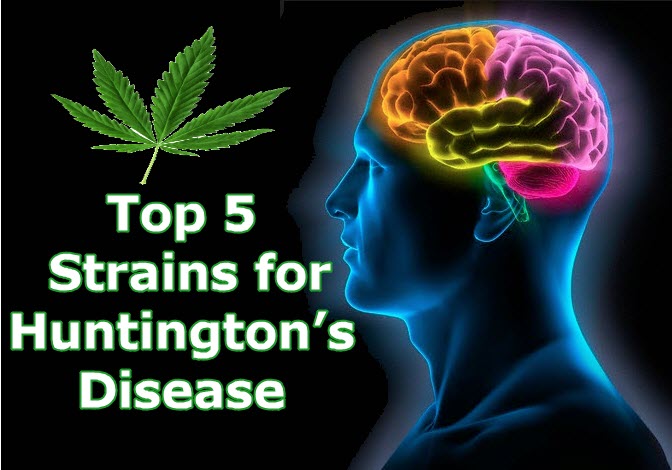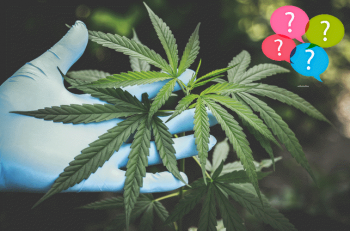Cannabis for Huntington’s Disease
Huntington's Disease and Medical Marijuana - What Works? from CannabisNet on Vimeo.
Huntington’s Disease (HD) is a debilitating neurodegenerative disorder caused by a genetic mutation which causes the mutation of the huntingtin protein, which works to preserve the brain’s neurons. It is estimated that 1 in every 10,000 Americans are diagnosed with Huntington’s Disease.
The debilitating nature of HD greatly affects the quality of life of patients. Patients have increasing difficulty doing simple tasks such as walking, talking, reasoning, and thinking and eventually they will need to rely on caregivers completely. Other symptoms include difficulty in impulse control, depression, irritability, and mood swings. Currently there is no known treatment that effectively cures HD although some medications are given to help manage the symptoms. These include antidepressants, which have serious side effects such as constipation, trembling, sweating, and insomnia. Other medications prescribed for patients of HD include antipsychotics, mood stabilizers, and benzodiazepines.

How Can Cannabis Help?
In a 2015 study published in the Neuropharmacology journal, scientists discovered that long-term stimulation of the cannabinoid receptors can prevent motor dysfunction symptoms that occur as a result of HD.
The animal study involved the post-adolescent R6/1 transgenic mice to mimic the disease in humans. Researchers administered the WIN 55,212-2 molecule designed to stimulate the cannabinoid receptors either acutely or chronically and a cannabinoid receptor antagonist. They also made assessments how exposure to the molecule affected the mice’s ability to interact socially, move, and spatial recognition.
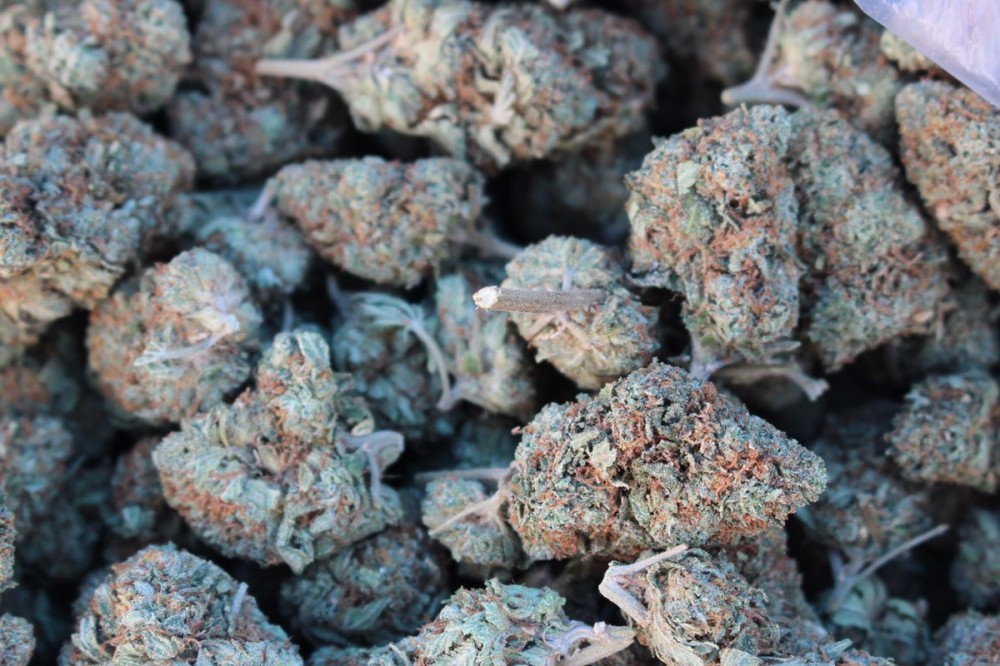
The HD mice who didn’t receive treatment with WIN 55,212-2 or received acute treatment were shown to continue suffering from impaired movements, while the mice who received the treatment chronically showed “full rescue” of their motor function abilities. The study’s authors also found that chronically exposing the cannabinoid receptor antagonist was beneficial in preventing the loss of neurons in the brain which were responsible for movement coordination, an area known as the striatum. Additionally, chronic administration also increased the normal huntingtin protein in the striatum. Despite this there were no significant improvements in spatial recognition or social interaction, which they assume was caused by more CB1 receptors or more stimulation in the cannabinoid activity in the striatum compared to other areas of the brain.
The researchers think that higher doses of WIN 55,212-2 can yield more significant results although there is the potential that it can also decrease the therapeutic benefits over time because the cannabinoid receptors may become immune to it.
Another study conducted last year conducted by the Ramon y Cajal University Hospital’s Foundation for Biomedical Investigation was also the first clinical trial testing cannabis for HD, and it showed promising results. Based on the experiment, researchers found that cannabidiol (CBD) is beneficial in protecting neurons thanks to its antioxidant properties. CBD and THC share many similar characteristics as molecules however the advantage of CBD is that it’s proven safe for humans to consume in large dosages. CBD is more valuable for its antioxidant properties and it also has the ability to interact with the endocannabinoid system indirectly but in a more complex manner.
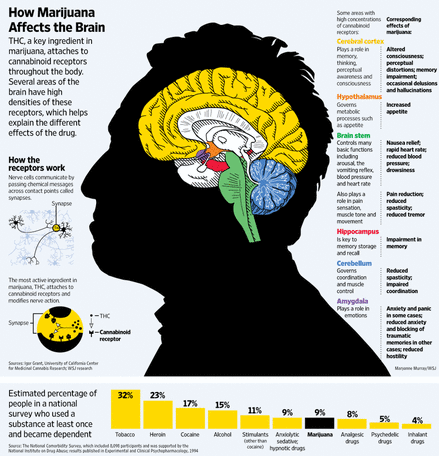
There is also an increasing body of evidence which shows that cannabinoids can help protect the brain and slow down neurodegenerative disorders. Patients who consume cannabis can benefit from improved mitochondrial function, decrease and prevention of inflammation, and clear cellular debris which means that the plant can be of help for HD patients.
Phytocannabinoids may also be useful in treating the many physiological ailments that HD patients suffer from.Just like with other neurodegenerative disorders, the overstimulation of neurons known as excitotoxicity as well as oxidative stress contribute to cell death in patients of HD. A 2013 animal study showed that CBD is effective in reducing excitotoxicity and is also beneficial as an antioxidant while reducing inflammation. Another 2012 study also showed that cannabinoids can help HD patients because of its neuroregenerative, neuroprotective, and anti-inflammatory properties.
Do you or someone you know use cannabis to treat Huntington’s Disease? Share with us in the comments below!
OTHER STORIES YOU MAY ENJOY..
CANNABIS STRAINS FOR HUNTINGTONS, CLICK HERE.
OR..
CANNABIS AND THE ALS CHALLENGE, CLICK HERE.
OR..
